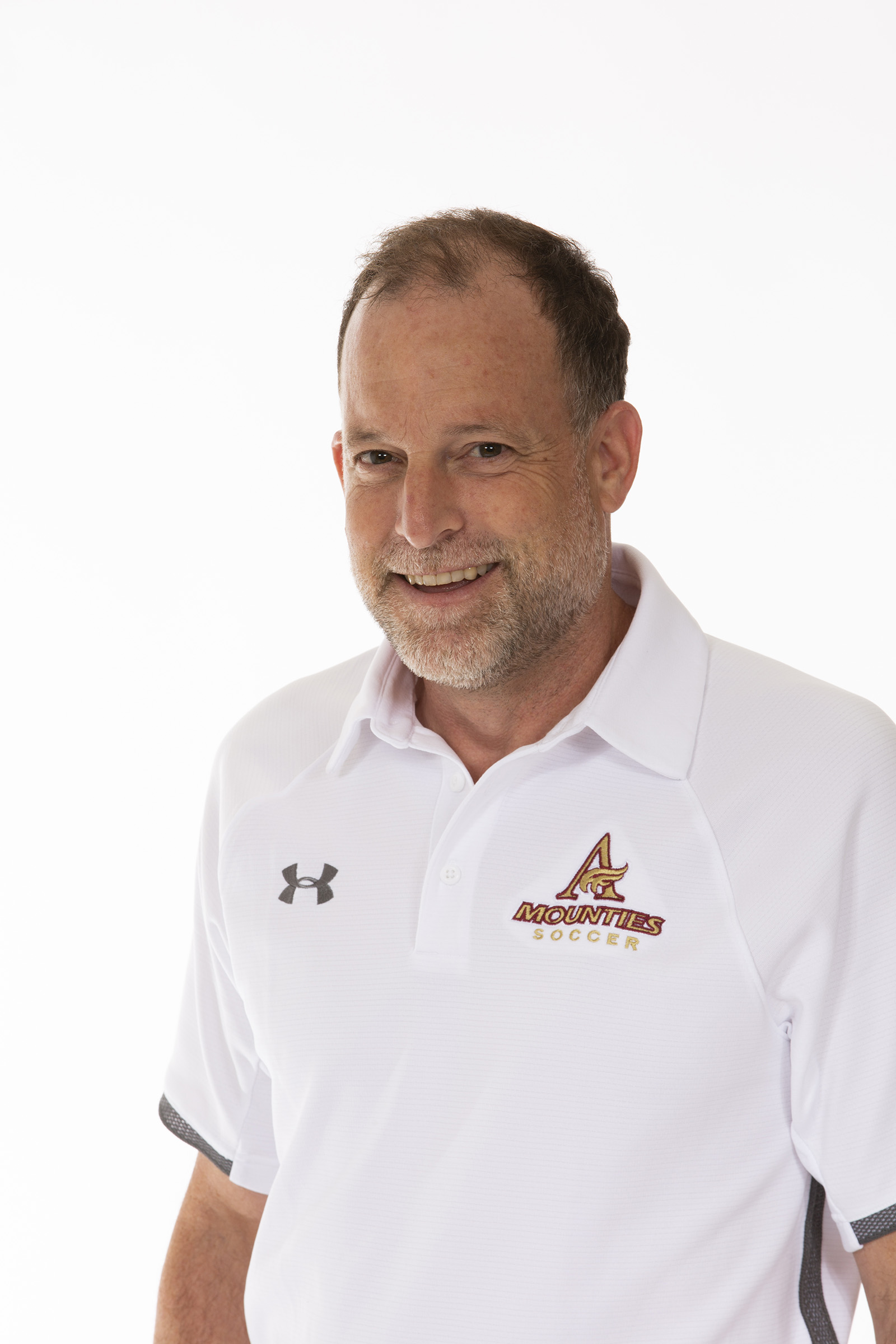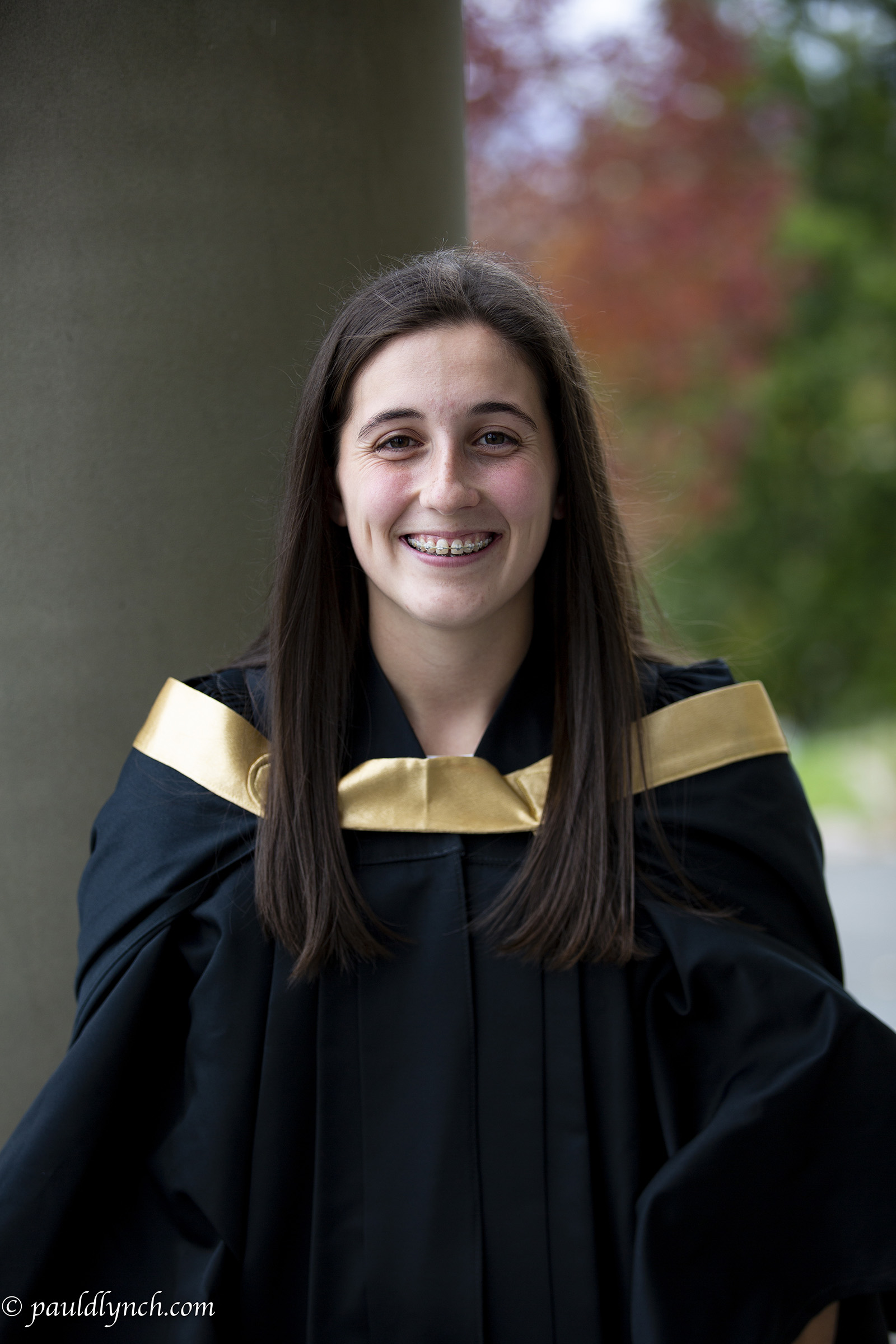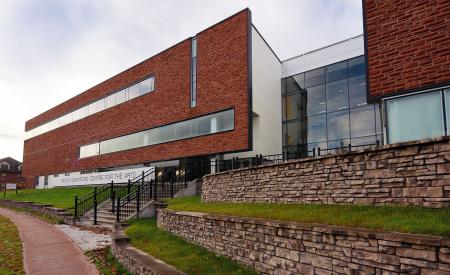Lessons from the pitch: Sport Psychology
Four years ago, while on sabbatical, psychology professor and women’s varsity soccer coach Dr. Gene Ouellette developed a new course called Sport Psychology. As a former university and Nova Scotia premier league soccer player, it was an area he was already interested in. He met with professors in the U.S. and attended a conference to network and gather ideas on how to build the course. The course is now offered every second year in rotation with educational psychology.

Sport psychology draws from all areas of psychology, including personality, social, cognitive, and clinical — applied to sport, health, and physical activity. While lecture based, the class is also a mix of the theory, problem-based learning, and group activities, typically with 50 students.
“I enjoy teaching this course because it is an applied course, even though it is based in theory,” says Ouellette. “Students can relate the material to their own experiences.”
Ouellette says the course appeals particularly to student-athletes, but is valuable for any student who enjoys the discipline of psychology.

Fourth-year honours psychology student Lauren Shaw played on the women’s varsity hockey team for two seasons. She says the course offers valuable lessons, skills, and strategies that she has been able to apply to sports, but also to her education and everyday life.
“The material was really relatable from both the perspective of an athlete and as a student,” she says.
The course explores areas such as the effects of feedback that is positive in tone vs. negative or punitive, self-efficacy and how that impacts motivation and performance, team cohesion, psychological skills training to deal with obstacles and performance under pressure, leadership, goal setting, and coaching. The students complete group projects and a final paper in which they play the role of sport psychologist and choose their own real or fictitious client to advise, using topics discussed in class and primary research literature.
As the coach of the women’s varsity soccer team, Ouellette says he utilizes many of these theories and practices in coaching. This year, the team made its first playoff appearance since 2013 with a 5-5-2 record.
He says team cohesion and motivation, which are covered in class, were big components of the team’s success this year.
“Last year, with no official competition, it gave the team a chance to step back from the past, bond as a group, and consider their own collective motivation.”
When he began coaching the team in 2014, he says he was was far more psychologist than coach, leading sessions on mindfulness, managing anxiety, autonomy, and taking control over the direction of the team.
“What I teach, I try to incorporate into coaching and I believe that makes the teaching of sport-specific tactics all the more effective.”
To learn more about psychology at Mount Allison and the types of courses offered, visit mta.ca/programs/psychology.
Editor’s Note: Have you or someone you know taken a unique course at Mount Allison? We’d love to hear your experiences. E-mail media@mta.ca with story suggestions for this series.




